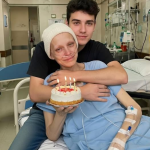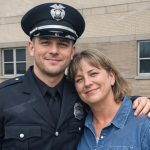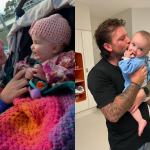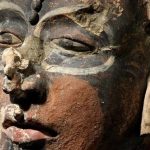Ann Dunham: The Woman Who Redefined Poverty, Opportunity, and Dignity

In 1950s America, most teenage girls were taught to be quiet, agreeable, and follow the rules. But 17-year-old Stanley Ann Dunham — who insisted everyone call her “Ann” — was different. While her peers focused on clothes and social events, Ann was reading existentialist philosophy, challenging her conservative community, and questioning every assumption about what women could be. Her classmates called her “the original feminist,” decades before the word “feminist” carried its modern meaning.
At 18, studying at the University of Hawaii, she fell in love with a Kenyan graduate student, married him, and in 1961 gave birth to Barack Obama II. By 20, Ann was divorced and raising her son alone — something society viewed as shameful failure. But for Ann, it was only the beginning.
Starting from Hardship
To make ends meet, Ann worked as a waitress while continuing her studies. In 1965, she remarried, and two years later made a decision that shocked everyone: she moved six-year-old Barack to Jakarta, Indonesia — a developing nation recovering from political violence, where many villages had no electricity or running water.
To conventional America, it looked like she was “throwing her life away.” But to Ann, it was where the most important questions about humanity, poverty, and opportunity lived.
In Indonesian villages, Ann discovered something that Western “experts” completely missed: the craftspeople creating intricate metalwork were not poor because they lacked skill or work ethic. They were poor because they were systematically excluded from economic opportunity.
Banks wouldn’t lend to rural women. Without loans, they couldn’t buy materials in bulk or survive poor harvests. Without fair markets, middlemen exploited them. Poverty was not cultural; it was structural.
This observation would change everything about her approach to development.
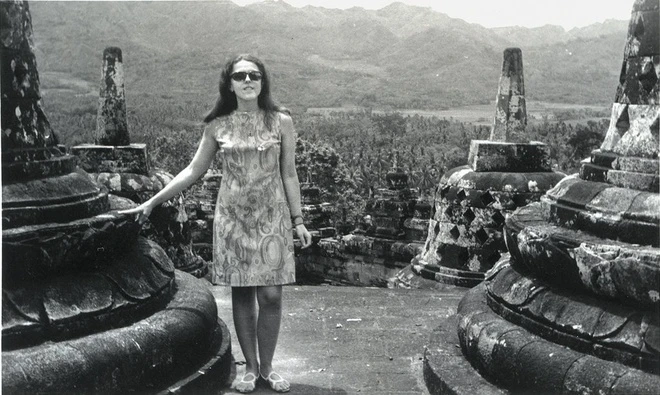
Research and Action
Ann eventually sent Barack back to Hawaii for better education — a heartbreaking choice that demonstrated her commitment to his future. She stayed in Indonesia, pursuing a Ph.D. in anthropology. Her dissertation, 1,043 pages long — one of the longest ever accepted — shattered the racist assumption that poor people in developing countries were impoverished because of “culture.”
She proved that these communities were sophisticated business operators systematically excluded from economic opportunity.
Then Ann put theory into practice. Working with organizations like Bank Rakyat Indonesia and USAID, she helped design microfinance programs — small loans of $50 to $100 to rural women. Not charity. Investment in people excluded from traditional banking simply because they were poor.
These loans allowed women to buy materials, expand home-based industries, and build independence. And the results were remarkable: repayment rates often exceeded those of wealthy borrowers at commercial banks.
The programs Ann helped design became models for the global microfinance movement, lifting millions from poverty worldwide, with women as primary beneficiaries.
Throughout it all, Ann lived modestly in rural villages, raising her daughter Maya to deeply respect Indonesian culture. When Barack visited during college, she ensured he understood the dignity and complexity of the communities she worked with.
Years later, President Obama would say his mother gave him his core values: that everyone deserves dignity and opportunity, that poverty isn’t personal failure but systemic injustice, and that real change comes from understanding people, not imposing solutions on them.
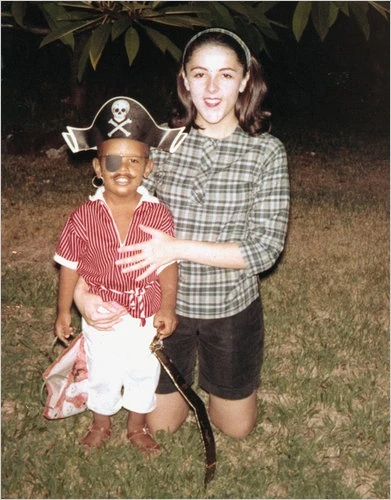
Legacy and Recognition
In November 1995, at just 52, Ann Dunham died of ovarian cancer. She never saw her son become senator or president, nor the global spread of the microfinance movement she helped pioneer.
For decades, she was known simply as “Barack Obama’s mother” — a footnote in her famous son’s story. But historians and development economists now recognize the truth: Ann Dunham was a pioneering anthropologist at a time when few women earned Ph.D.s. She challenged assumptions that shaped international policy and helped design programs that improved millions of lives.
All of this, while navigating divorce, single motherhood, cultural displacement, and every obstacle facing independent women in the 1960s and 70s.
Philosophy and Approach
Ann’s legacy is not only research or programs. It is a methodology:
-
Start by listening.
-
Respect local knowledge.
-
Challenge assumptions.
-
Work with people, not on them.
-
Believe that everyone, regardless of circumstance, deserves dignity and opportunity.
Today, these principles seem obvious. In Ann Dunham’s time, they were revolutionary.
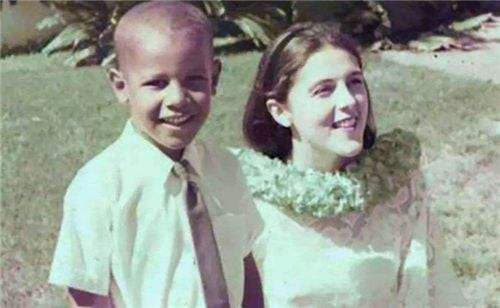
More Than Just a Mother
Yes, Ann Dunham was Barack Obama’s mother.
But she was also:
-
A groundbreaking anthropologist ahead of her time.
-
A pioneer in development economics and microfinance.
-
A feminist who lived her values.
-
A woman who changed how the world fights poverty.
It may be time to remember her for who she truly was — not just as the mother of a famous son.
